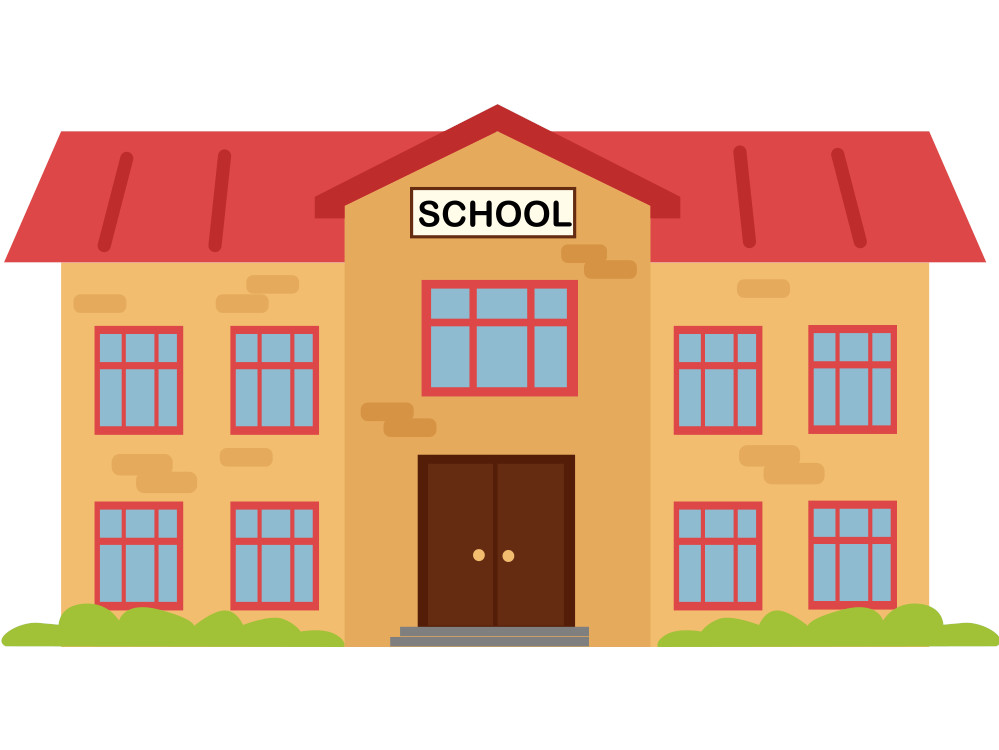Homeschooling is expanding rapidly in Australia. A report in The Conversation says in New South Wales, 12,359 students were registered for homeschooling in January 2023, a 37% jump on the 2022 figures. In Victoria, the most recent figures show there were 11,912 homeschooled students as of December 2022, an increase of 36% since 2021. In Queensland, where new laws regulating homeschooling have caused debate, in 2023, there were 10,048 registered homeschoolers, up from 8,461 in 2022.
By comparison, the Bureau of Statistics reported 4,086,998 students were enrolled in schools across Australia in 2023. So homeschooling shows an increase off a very small base.
A recent interview with Dr Terry Harding, the manager of Australian Christian Home Schooling, on the New Life website listed conservative reasons for the increase, giving the impression that religious reasons are behind the surge.
Citing Harding’s research, the article summarises what causes parents to seek home-schooling as follows: “Dr Harding’s most recent research asked homeschooling parents why they chose homeschooling for their children. He said, ‘These parents indicated that there are various “push and pull factors” that motivated their educational choice.
“The ‘push factors’ that ‘pushed’ parents and their children out of the traditional schooling systems included major concerns that their children were being exposed to immoral, anti-Christian and ‘woke’ ideologies at their schools. Many parents stated that they ‘had no choice’ given that such inappropriate philosophies, or poor educational standards, or traumatic bullying events were occurring at their children’s schools. These experiences had ‘pushed’ their families out of their local school-based education systems.”
Pull factors included “The parents saw that home schooling gave them the opportunity to teach their children according to their Christian faith and their family’s values. Their home provided the environment where each child’s individual needs could be met, irrespective of whether they were gifted and talented students, average learners or had physical disabilities or learning difficulties.”
Harding is right to point to many Christian families having a commitment to keeping their children away from influences at school they see as corrosive of faith.
However, the last reason – learning difficulties – may outweigh the other factors involved in deciding to homeschool if research, cited by Rebecca English in the Conversation report mentioned above, is taken into account.
Senior Lecturer in Education, Queensland University of Technology is taken into account. “A 2023 Queensland government report shared data from a survey of more 500 parents in the state who homeschooled their children.
“It found 45% of families surveyed never intended to homeschool. It also found 61% had a child with a disability or health issue, including ADHD, autism, behavioural issues and mental ill health. Many also had concerns about bullying.
“Families also reported their child was not learning at school and not wanting to go, so homeschooling became the only choice available.”
So while in general terms it is true that homeschooling parents have found that school has not worked for their child, the main reason is not a disagreement with schools’ ideology, but having a neurodiverse child, or one with another health condition.
One area where State government actions have played a part is the possibility that the increase in homeschooling is related to covid shutdowns at schools. Families with neurodiverse children would have experienced greater difficulty in getting their children back to school.

